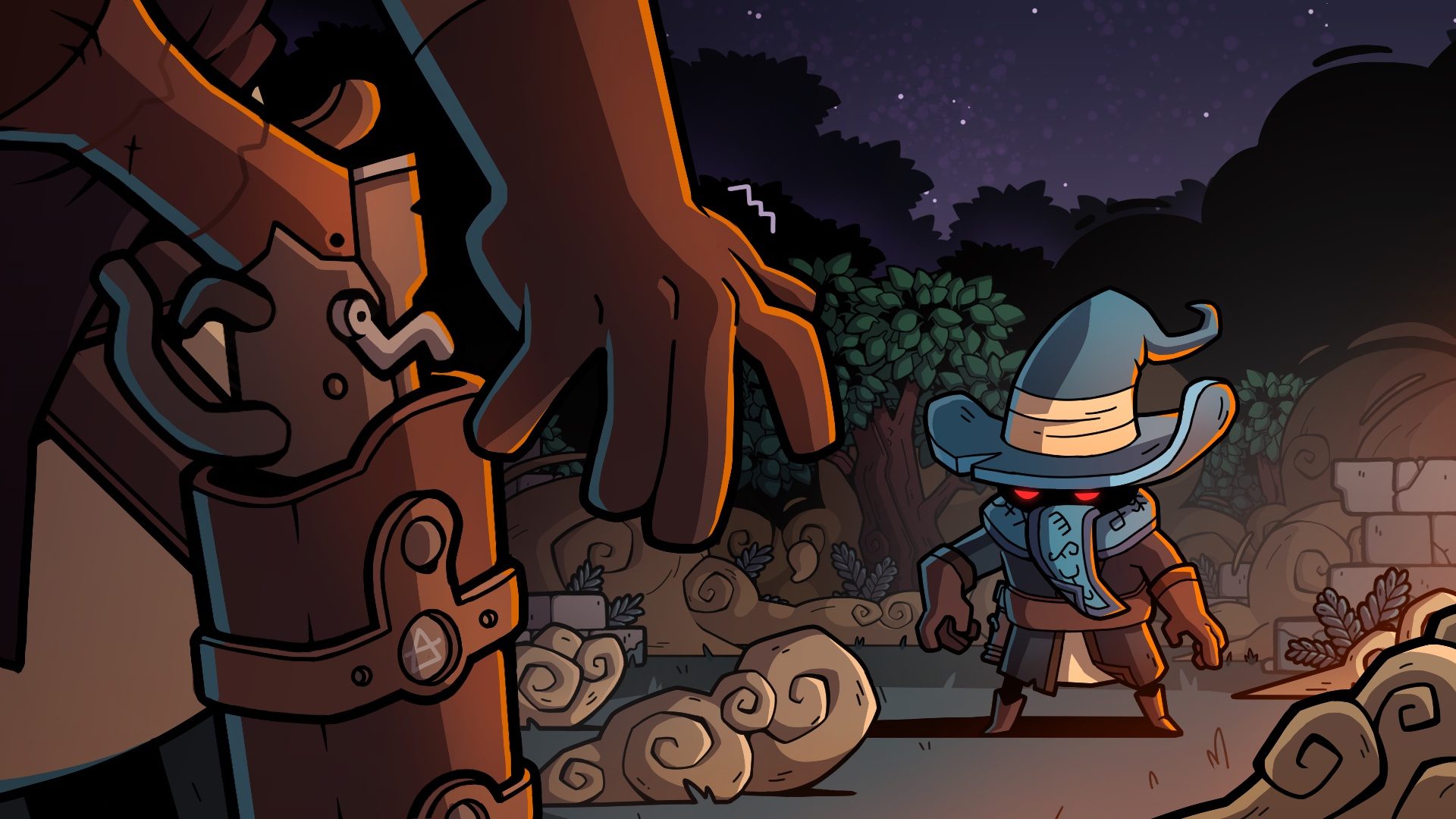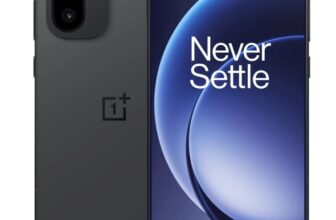
A chatbot launching Tuesday aims to give users confidential, accurate information when seeking abortion care.
The bot, Charley, was built specifically to reach people in states where abortion has been banned or restricted, but it does not offer legal advice. Currently, 22 states have banned or restricted abortion care in the U.S., following the Supreme Court’s decision to overturn Roe v. Wade in June 2022.
Charley, which communicates in both English and Spanish, is accessible via the website ChatwithCharley.org. Other sites, like Advocates for Youth and Abortion Access Front, also host the bot.
The nonprofit platform and bot were co-created by several reproductive rights and justice organizations, including Plan C, ineedana.com, and the Miscarriage + Abortion Hotline. Cecile Richards, the former president of Planned Parenthood, is a cofounder.
Nicole Cushman, who oversees content development for Charley, told Mashable that the bot is designed to take the guesswork out of internet searches for abortion care that may or may not lead users to up-to-date, truthful information about what options are available to them.
Google will automatically delete visits to abortion clinics from your location history
“The search experience online, in particular, is really mired in confusion,” Cushman said. “People wind up going on this scavenger hunt, trying to piece together all of the resources that make sense for them to get the care that they need.”
Cushman said that Charley was developed to streamline that process. Users are presented with different options from which they can choose. One of the first steps is selecting between information about abortion pills or abortion procedures.
Charley then informs the user that certain laws “restrict abortion past a certain point in pregnancy” and attempts to determine how far along a user might be in their pregnancy. From there, it provides relevant details based on the user’s ZIP code and preferences.
Charley draws on a database of abortion providers compiled by ineedana.com, which is updated daily. It also collects data from the Abortion Policy API, a tool that analyzes and tracks abortion access. Charley is able to automatically pull the latest information on state gestational age limits, nearby clinics, and the distance to reach them. Additionally, it directs abortion-seekers to resources like Plan C, which provides information on how to access at-home abortion pill options online in the U.S.
People searching for that information may be under the impression that their only option to obtain an abortion is to travel out-of-state, but Cushman said that the availability of abortion pills means that’s not always the case.

Charley is programmed to offer options from which a user can make a selection.
Credit: Charley
Charley also cautions users about so-called “crisis pregnancy centers,” which can populate search results but aren’t clinics that provide abortion care. Instead, they often pressure women and pregnant people to continue with their pregnancy.
The bot relies on branch logic rather than generative artificial intelligence, meaning that Charley cannot engage in spontaneous conversation or say anything besides its programmed prompts. The only open-text box in the chat is the user’s ZIP code.
Cushman said that data privacy and tracking are paramount. Charley doesn’t request personally identifiable information like name or age. The bot and its platform don’t use cookies and don’t share data with any third party, including the Meta tool Pixel, which can send private or sensitive user information to third parties.
Cushman also noted that every chat is routinely deleted from Charley’s system and server, and data is removed upon closing the browser. She said that its deletion policy would mean that records would “likely no longer exist” should law enforcement attempt to obtain those records in the future.
While state bans and restrictions focus on prosecuting abortion care providers, or individuals who aid an abortion care patient, there has been concern over investigators using internet search history and communications to build their case.
Still, Cushman advised those who use Charley to “practice safe browsing practices,” like using an incognito window and clearing their browser history.
Dr. April Lockley, medical director for the Miscarriage + Abortion Hotline and a medical adviser to Charley, told Mashable that being able to quickly gather essential information is critical for people seeking an abortion.
Typically, in Lockley’s experience, they don’t want to delay once the decision is made. Additionally, they may have to factor in a waiting period imposed by state law. Lockley added that users who consult Charley won’t have to weigh whether the information they’re receiving through the service is “dangerous” or “untrue.”
“This chatbot and the work that I do is important to let people have the information so they can decide what the best is for them,” Lockley said.
For more Social Good stories in your inbox, sign up for Mashable’s Top Stories newsletter today.
Topics
Health
Social Good






